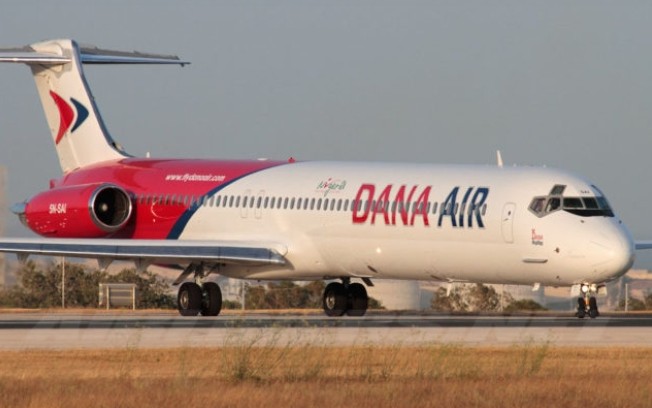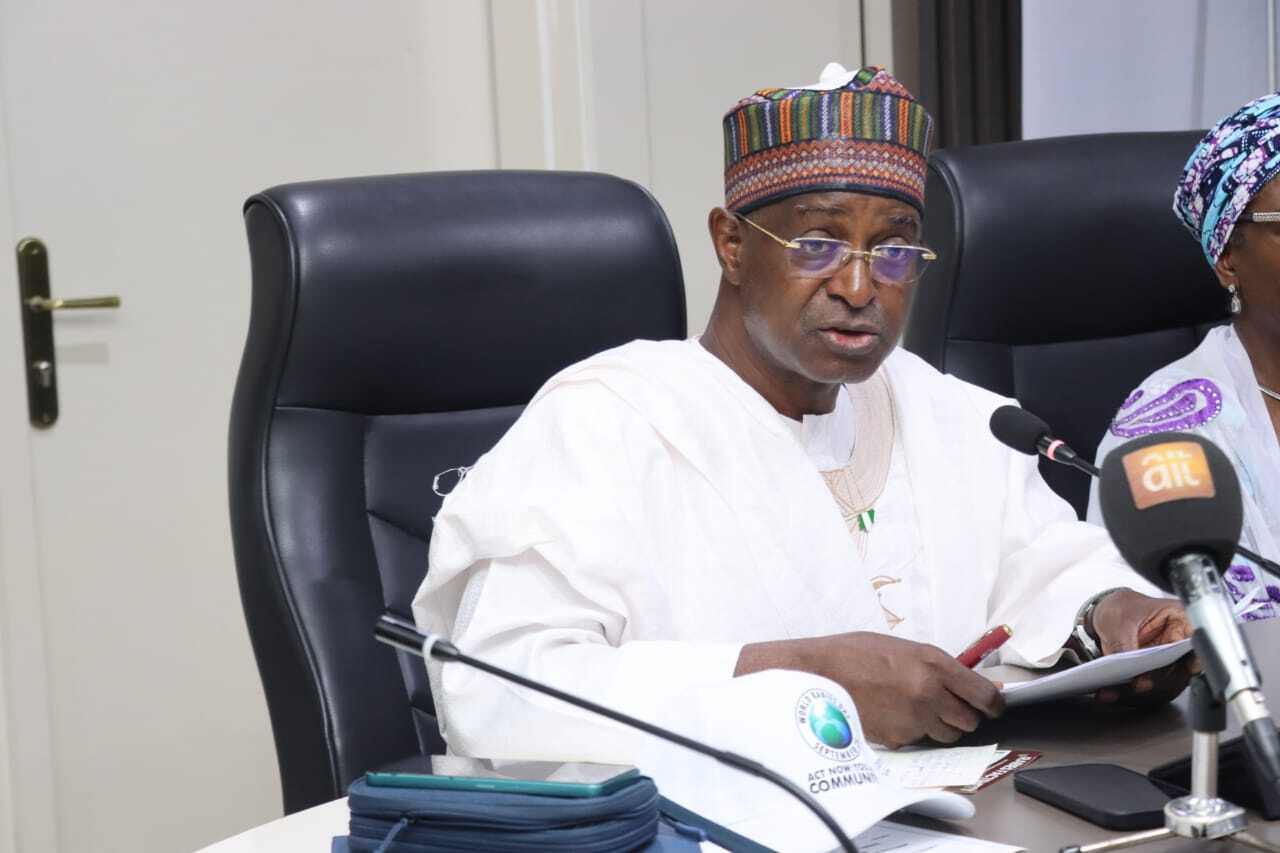.Extortions, poor regional connectivity undermine $3tr revenue
Multiple checkpoints, infrastructural deficits, manual documentation processes, poor connectivity, widespread extortion along regional trade routes and other inefficiencies have continued to make the cost of moving goods across the West and Central African corridors among the highest in the world.
According to experts, these challenges, including long waiting times at ports and borders, overlapping agency procedures, inadequate last-mile infrastructure and uncoordinated regulations among member states, are undermining industrial competitiveness, revenue generation and regional integration under the African Continental Free Trade Area (AfCFTA).
They warned that the region risks losing billions of dollars yearly and may fail to achieve the projected $3 trillion yearly Gross Domestic Product (GDP) target if urgent reforms are not implemented to boost regional trade.
These concerns were raised at a two-day Sub-Regional Seminar and Meeting of Standing Committee No.1 on Trade and Transport of the Union of African Shippers’ Councils (UASC), held in Lagos recently.
The event was jointly organised by the Nigerian Shippers’ Council (NSC) and UASC under the auspices of the Federal Ministry of Marine and Blue Economy.
A new empirical data for trade facilitation in the region, presented by the Chief Executive Officer of Centre for the Promotion of Private Enterprise (CPPE), Dr Muda Yusuf, identified the Abidjan–Lagos corridor, spanning Côte d’Ivoire, Ghana, Togo, Benin, and Nigeria, as the most problematic trade route on the continent in terms of congestion, delays and informal costs.
Yusuf released the data when he presented a paper titled: “Trade Facilitation Measures to Reduce Cost and Enhance Transport Connectivity in West and Central Africa.”
According to data presented, the corridor, stretching 1,080 kilometres, handled over 50 million tonnes of freight and over five million vehicle traffic volume yearly, through kept border posts – Sèmè-Krake (Nigeria–Benin), Aflao (Ghana–Togo) and Elubo (Ghana–Côte d’Ivoire), yet remains heavily congested and inefficient.
The document observed that the corridor, a major intra-regional trade artery and busiest route in West Africa, carrying over 70 per cent of ECOWAS Gross Domestic Product (GDP), is the most notorious for delays and extortion, with complete disregard for ECOWAS trade protocols, especially under the ETLS regime.
The CPPE’s analysis, revealed freight along this route faces up to 52 hours at border crossings, especially at Sèmè-Krake, 10 days transit time, 10 checkpoints per 100 kilometres within Nigeria, which has the highest and Benin alone, and informal payments of between $50 and $120 per trip – significant on Benin–Nigeria axis with about $60–$100 transport cost per trip.
The report further showed that Abidjan recorded a yearly port throughput of about 1.6 million TEUs, the largest, while Lagos recordeda port throughput of about 1.56 million TEU. However, moving these cargoes across the corridor sees significant delays at borders.
Yusuf described corruption and impunity as the most persistent barriers to trade facilitation across the corridor.
“Checkpoints that are reduced by official order reappear within two weeks. The real issue is the lack of consequences. Those benefiting from the status quo will never let go unless there is accountability,” he lamented.
Yusuf lamented that in most countries, compliant and ethical businesses are often punished with more bureaucracy, while non-compliant actors exploit weak enforcement to gain an advantage.
The CPPE boss warned that frequent harassment of compliant traders and the proliferation of illegal checkpoints were discouraging cross-border commerce and inflating logistics costs for businesses.
On her part, the Chairperson of the Sealink Implementation Committee, Mrs Dabney Shall-Holma, lamented that the slow implementation of the AfCFTA and the slow pace of intra-African goods movement five years after adoption are costing West and Central Africa billions in trade value and logistics inefficiencies.
Presenting a paper, titled: “The Readiness of Countries of West and Central Africa in the Implementation of the Agreement Establishing the AfCFTA — The Role of Shippers’ Councils”, Shall-Holma revealed extensive figures underscoring Africa’s uneven trade progress, mounting infrastructure deficits, inadequate regional maritime connectivity, lack of indigenous vessels, weak digital trade reforms and widening competitiveness gaps across the region.
The former Director of Commercial Shipping Services at the Nigerian Shippers’ Council (NSC) cited the United Nations Conference on Trade and Development (UNCTAD) data in her presentation, which showed the trade integration index for West and Central Africa at 16.6 per cent in 2017,which dropped to between 14.9 per cent and 15 per cent by 2020.
She said the figures reflect weakened trade links within the sub-region despite the ratification of AfCFTA in 2018.
Shall-Holma said that although trade has improved since AfCFTA ratification, the figures show the region’s pace is too slow, as she called for urgent harmonisation of trade procedures, port tariffs and customs systems to recover lost ground.
Stakeholders proposed several practical policy reforms to streamline border procedures and modernise transport systems, as well as the implementation timeline of three to 12 months.






